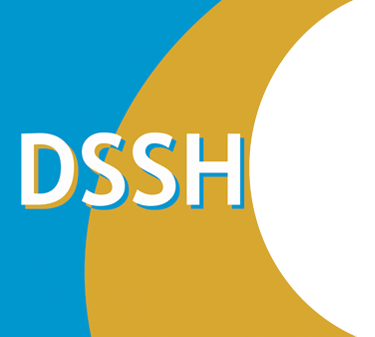A Randomized Controlled Trial of the Impact of Simulation-Based Training on Resident Performance During a Simulated Obstetric Anesthesia Emergency
Introduction: The percentage of patients having cesarean delivery (CD) under general anesthesia has decreased, which may have implications for residency training in anesthesiology. We undertook this study to assess the effect of focused simulation-based training on resident performance during a simulated general anesthetic for emergency…
Introduction: The percentage of patients having cesarean delivery (CD) under general anesthesia has decreased, which may have implications for residency training in anesthesiology. We undertook this study to assess the effect of focused simulation-based training on resident performance during a simulated general anesthetic for emergency CD. Methods: Thirty-two second-year anesthesiology resident volunteers were randomly assigned to one of the two groups: a group trained on the patient simulator performing general anesthesia for emergency CD (CD group) and a control group trained on the simulator using a different general anesthetic scenario unrelated to obstetric anesthesia (SHAM group). Between 6 and 9 weeks, all the residents performed the emergency CD scenario on the simulator and were videotaped. Two blinded observers scored the videotaped performances using a valid and reliable scoring system separately and were blinded to each others score. The time interval from the start of the scenario until the simulated surgical incision was noted. Total scores and component scores in six subcategories were compared between resident groups, as was the start to incision time interval. Results: Residents in the CD group had higher total scores and higher scores in the preoperative assessment, equipment availability check, and intraoperative management before delivery subcategories than residents in the SHAM group. The start to incision time interval did not differ between the groups. Conclusions: Anesthesiology residents who underwent focused training on a simulator that included performance of a general anesthetic for emergency CD exhibited improved performance during a subsequent simulated anesthetic scenario compared with trainees who did not undergo such instruction.
Read more: http://journals.lww.com/simulationinhealthcare/Fulltext/2010/12000/A_Randomized_Controlled_Trial_of_the_Impact_of.2.aspx
Full online text available for DSSH members trough DSSH/SSH membership subscription




